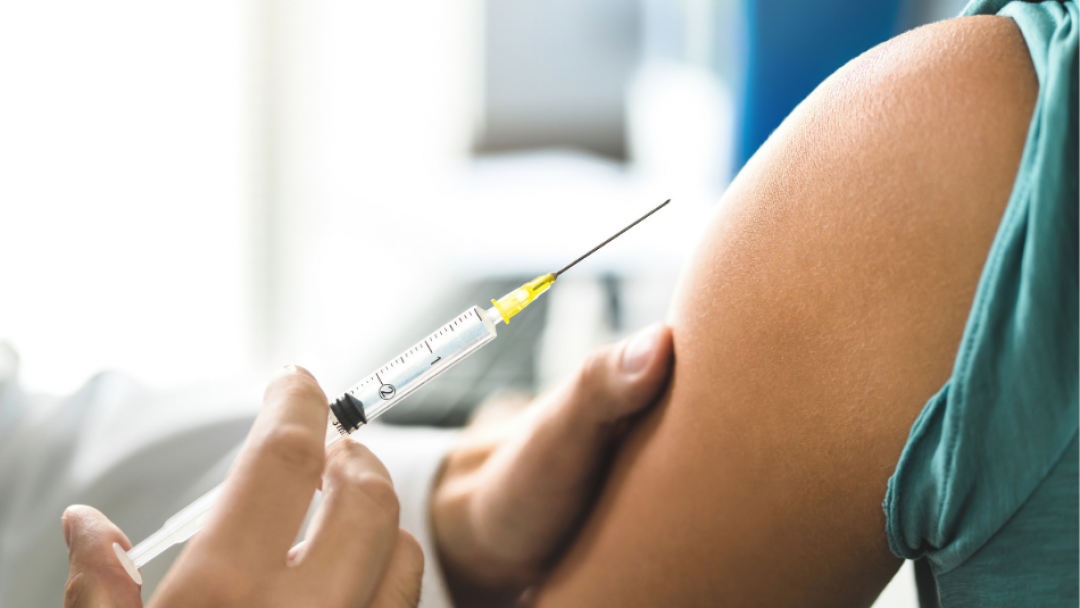
 Research suggests sleep plays important role in antibody responses to vaccination
Research suggests sleep plays important role in antibody responses to vaccination
Getting a flu shot? Make sure you sleep well the night before.
Lack of sleep reduces vaccine effectiveness, according to a study by Sarah Pressman, professor of psychological science, and colleagues.
In her research, 83 healthy young adults completed 13 days of sleep diaries and received the trivalent influenza vaccine on the third day of the study. Their hours and quality of sleep were assessed via electronic daily diaries and their antibody levels to the influenza viral strains were quantified, Pressman explained.
While poor sleep throughout the two weeks was tied to the worst vaccination outcomes, Pressman found that shorter sleep time on the two nights before the vaccination mattered the most for predicting a robust antibody response to the vaccine in the following months.
“One month is usually considered the point when flu vaccine response is maximal (i.e., the largest number of circulating specific antibodies). We test at four months to look for whether or not this antibody response is maintained at high levels over time for long term protection,” Pressman noted. “Any amount of antibody increase post vaccine is helpful, but the more antibody, the better.”
While any antibody response to immunization is helpful, if the response is strong and lasts a long time, it is generally thought that protection is higher, she added.
Many consider getting enough sleep a luxury, but “it is truly a matter of health and a behavior we must take seriously, especially in the middle of a pandemic,” Pressman said. “As persistent high stress and late nights trying to make up work lost due to pandemic-related daily childcare duties become the norm, sleep quantity and quality has suffered. Lack of sleep has very real impacts on critical aspects of our immune system’s health, and may even matter for our ability to stay healthy.”
Studies show that short sleep is significantly associated with diabetes, hypertension, heart disease, obesity and even your likelihood of dying. Thus, getting enough sleep is always important, Pressman stressed, yet a third of Americans don’t get the recommended seven or more hours of sleep a night.
Good sleep hygiene practices can help, such as avoiding caffeine late in the day, exercising regularly, eliminating noise from your sleeping environment, and maintaining a regular sleep schedule, but it can take work.
“Treat learning to get good sleep the same as you would developing any healthy behavior,” Pressman said, “Like taking up jogging or knitting, it may take some time to get good at it, but with practice and dedication, you can make sleep your friend. However, sleep disorders are a real and serious problem, so if standard sleep hygiene practices don’t work, it may be time to seek medical help.”
Contact:
Mimi Ko Cruz
Director of Communications
(949) 824-1278
mkcruz@uci.edu